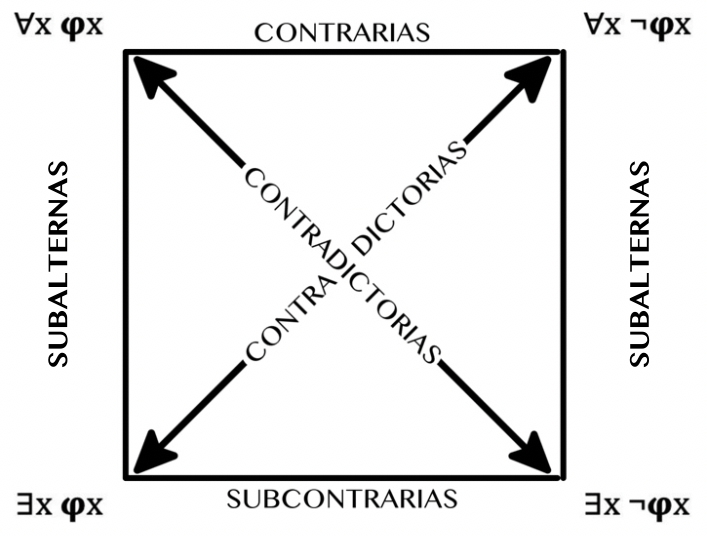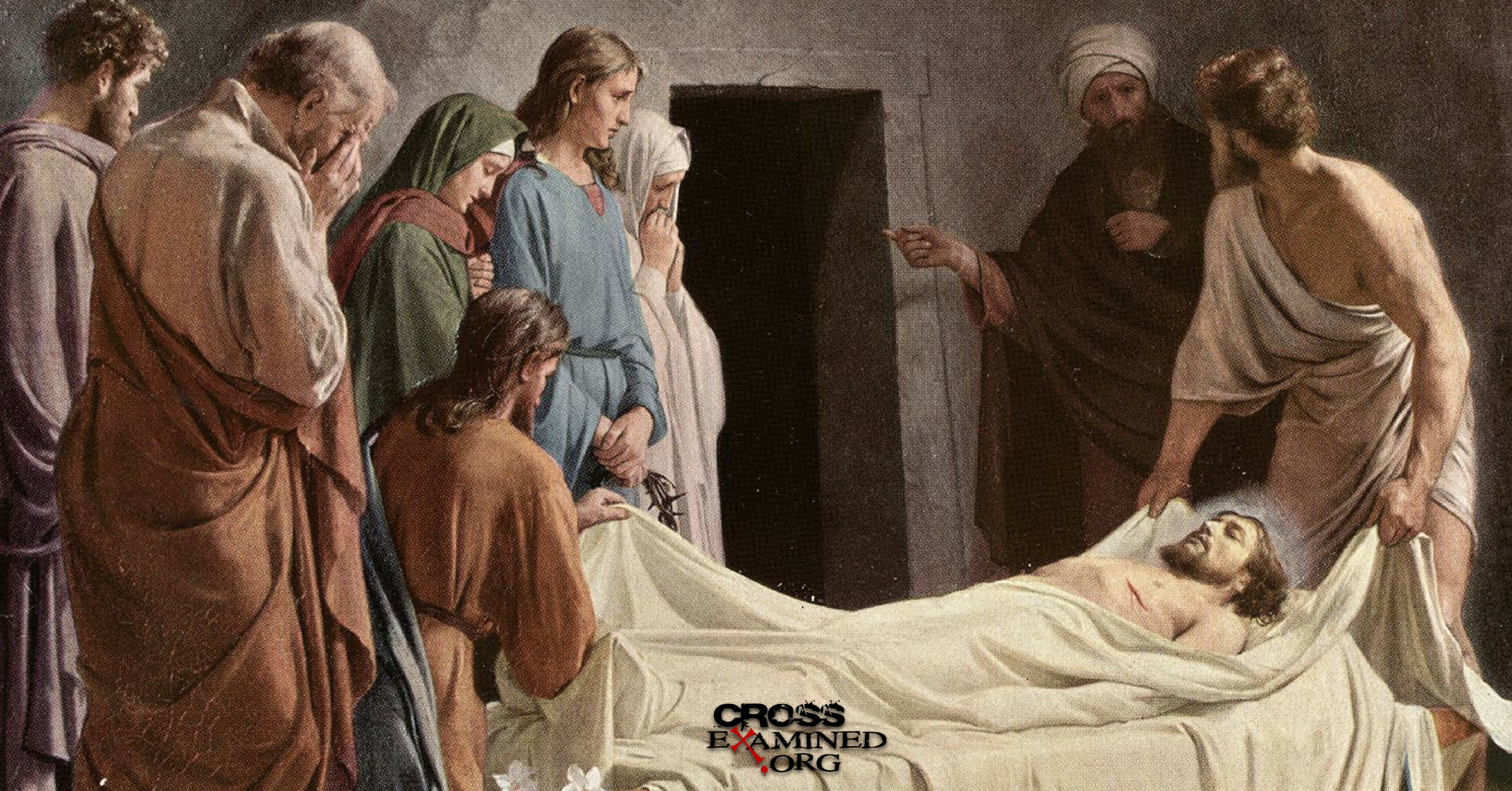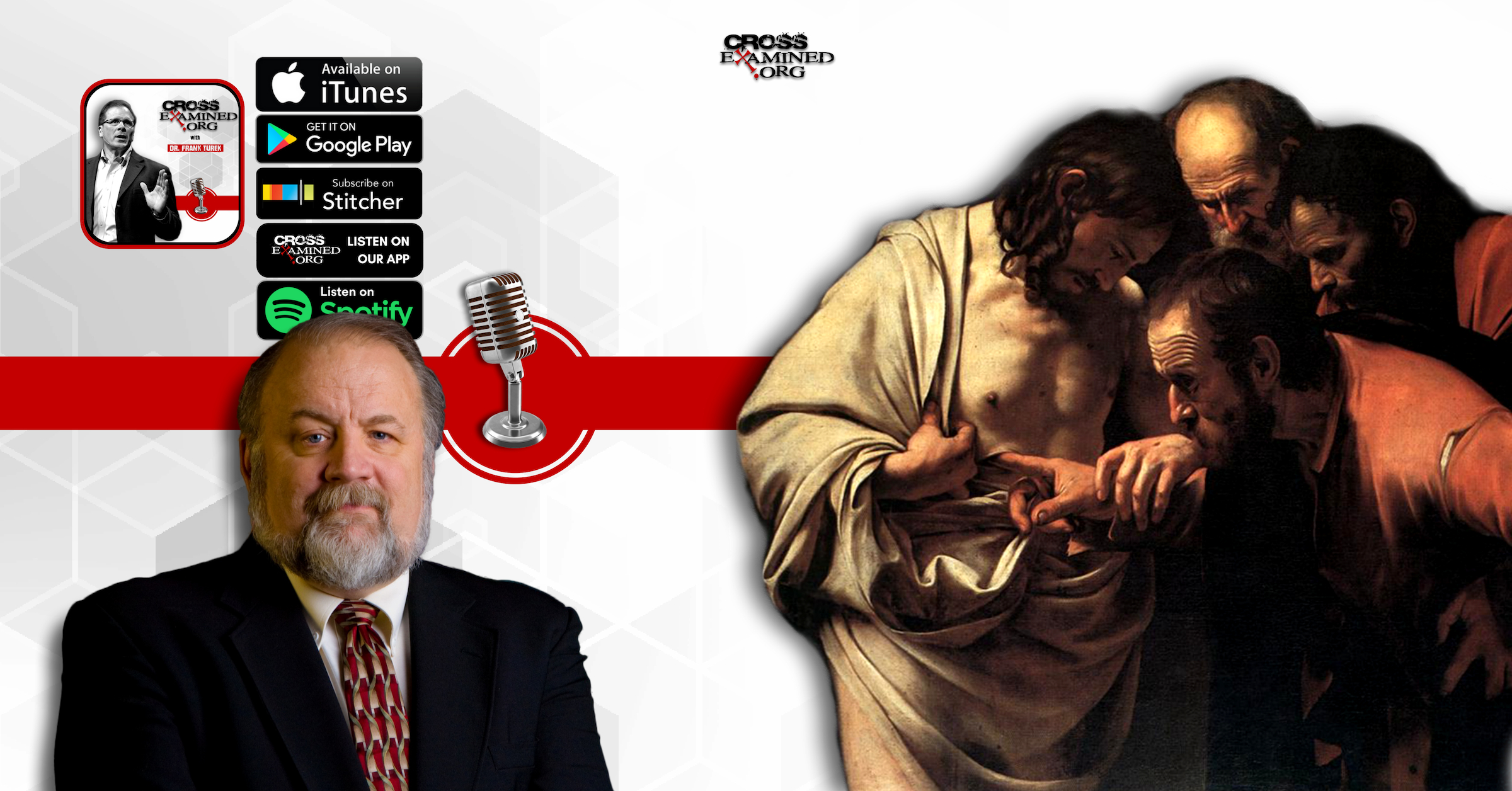By Natasha Crain
I was tempted to not write anything at all about the same-sex marriage ruling.
So much has been written on this in the last week that I don’t see how one more person’s take could possibly be valuable [Note: this post first appeared in 2015, but it’s evergreen…. keep reading!].
And, valuable or not, no matter what I say, I won’t be fired up enough for some people and I’ll be too fired up for others.
But then I started getting messages from people asking how parents should respond; what they should tell their kids; what it means for the future. I realized that to not comment would be sheepish avoidance of a topic that’s important right now to so many readers of this blog.
So, for those who would like to know what I think the same-sex marriage ruling means for Christian parents, I humbly offer these thoughts.
Getting Back to Basics
I have many wonderful memories of lake fishing when I was a kid. I loved sitting on the shore watching my big red cork out on the water, anxiously awaiting the moment when it would suddenly plunge under—a sign that a fish had grabbed the bait.
But the cork can also go under if the hook suddenly gets stuck on an underwater rock. When that happens, you end up reeling in weeds instead of a fish. As a kid, that was horribly disheartening. I remember crying to my grandpa one day, “BUT THE CORK WENT UNDER! That means there should be a fish!”
He patiently explained that the cork only suggests what is going on below the water, but you can’t count on it. You have to reel in the line to see what the cork is actually tethered to: the desired fish or a pile of weeds. Ultimately, that’s what mattered… not that the cork made you think there was a fish.
Our kids’ view of homosexual behavior and same-sex marriage is a lot like this. There are a lot of parents really concerned right now about how to manage the cork—their kids’ view on these questions—but still not thinking deeply about how to ensure the cork is actually tethered to the right thing—a robust understanding of their faith.
How do I know that? Research shows that fewer than 1 in 10 families read the Bible or pray together outside of meal times in a given week and that only 12% of kids have regular conversations about faith with their mom.
Maybe if I flip those statistics around, you’ll feel the greater force of it: About 90% of Christian parents are not even studying the Bible with their kids, praying with them outside of meal times, or having conversations about faith.
Does it really matter what your kids think about same-sex marriage if you’re not putting in the work to tether that view to a deep understanding of their faith? How effective can you be in discussing individual issues if your kids don’t have a strong worldview foundation to guide that thinking?
My honest answer to the question, “What does the same-sex marriage ruling mean for parents?” is this: It’s just another wake-up call that Christian parents need to get “back to basics” if they want their kids to have a lasting faith in a challenging secular world.
What Are the Basics?
By “basics,” I don’t just mean the things that kids learn by default after a few Sunday school exposures—that God exists, that Jesus died for our sins and was resurrected, and the Bible is God’s word.
Those are just a bunch of assertions.
When you live in a world that is hostile to your assertions, the “basics” have to start looking very different. The basics now have to include (1) the evidence for your assertions, and (2) a deep understanding of why those assertions even matter (application).
Here are the six basics I believe every parent today should be working on with their kids.
-
There is a good reason to believe God exists (evidence).
If someone said to your kids tomorrow, “There’s no evidence for God!” would your kids (1) know that strong evidence (outside the Bible) does exist, (2) understand that evidence, and (3) be able to articulate that evidence? (For example, see my posts on three of the most significant arguments for God’s existence: the cosmological argument, the design argument, and the moral argument.)
If not, do you want to start working on that this week? Lee Strobel’s The Case For A Creator is a great introduction. There’s even a kids’ version. Get both and study together.
-
If God exists, that matters (application).
Many people believe God exists but don’t have a deep understanding of why that fundamentally matters to our view of the world.
Here’s the thing. If a moral law-giving God exists, He is the objective standard of morality. The existence of divine laws means it’s possible to break them—to sin. That means our actions can be right or wrong, regardless of our personal opinions.
If God does not exist, there are no objective standards of morality (no divine law-giver). With no moral laws to break, sin is a meaningless concept. Nothing can be absolutely right or wrong, and everything is a matter of personal opinion.
The question of whether or not sin is a real concept is the foundational divider on moral issues, and at its most basic level, it’s a question of whether or not God exists. If a moral law-giving God exists, it matters tremendously, as sin becomes real, and sin becomes a problem that must be dealt with.
-
There is a good reason to believe Jesus was resurrected (evidence).
If someone said to your kids tomorrow, “There’s no evidence that Jesus ever lived, and even if he did, science conclusively shows he could not have come back to life. In addition, it’s clear the resurrection was just a story copied from pagan myths?” would your kids be able to respond?
If not, do you want to start working on that this week? Read The Case for the Resurrection of Jesus by Gary Habermas and Michael Licona to understand the historical evidence for the resurrection and discuss with your kids. Here is an article on the evidence for Jesus’ existence, and here is everything you need to know about pagan copycat claims.
-
If Jesus was resurrected, that matters (application).
First Corinthians 15:14 says that if Christ has not been raised, our faith is in vain. It all comes down to that. Throw it all away if the resurrection didn’t actually happen. If it did, it confirmed that Jesus was God, and that means we need to hang on His every word and those words must define our lives (see number 5 for why we should trust the Bible as a reliable record of what He said).
In other words, if our creator actually lived on Earth, it should automatically be the most important thing in our lives to know Him and live for Him. I went to church every week growing up and believed that Jesus was resurrected, but really couldn’t have told you why that mattered to my life so much. Don’t take it for granted that your kids get this. Understanding why the resurrection matters changes everything.
-
There is a good reason to believe the Bible is God’s word (evidence).
If someone said to your kids tomorrow, “The Bible is a book of fairy tales written by ancient people who didn’t know how else to explain their world…” would your kids be able to confidently explain why there is a good reason to believe it’s actually the reliable word of God?
If not, do you want to start working on that this week? Read Cold-Case Christianity by J. Warner Wallace as a starting point to learn about the reliability of the Gospels specifically.
-
If the Bible is God’s word, that matters (application).
If I had to name a single takeaway I’ve had from watching the online comments from the week, it would be this: Many Christians and nonbelievers have a profoundly limited understanding of the Bible.
I’m not a Bible scholar and have much to learn, but there are some basic things every Christian should know.
For example, how many times have you seen someone comment this week, “But God loves EVERYONE!”? (usually with 48 exclamation points and even more caps for emphasis). Of course God loves everyone. No one (except crazy fringe groups like Westboro Baptist) is saying otherwise. However, it’s really Bible 101 to understand that God loves everyone but hates sin…and that the Bible identifies what sins there are.
Or how about the nonbelievers posting verses from the Old Testament that only applied to the theocracy of Israel and asking why Christians don’t follow those laws (as if that’s a big “gotcha”)?
Or how about Christians saying “who are we to judge others?” Christians are to judge! (If you’re unclear about what the Bible says on judging others, here is a brief article.)
If the Bible is God’s word, it’s really, really important that kids know how to study and use it appropriately.
But how is that possible if 90% of Christian parents don’t study the Bible with their kids on a regular basis? What good does it do to point out verses on various aspects of morality if your kids have no passionate conviction that the Bible is actually God’s word?
In my opinion, those are the basics. Does it look like a lot? No one ever said basics are easy. They’re just fundamental.
But What About Same-Sex Marriage?
This post is not meant to trivialize the need to discuss same-sex marriage with your kids. It’s a big deal and has the potential to fundamentally change the social structure. It is something to discuss with your kids.
But how our kids develop their views on any question of morality—premarital sex, adultery, pornography, or anything else—should be the outcome of what is already a deeply held Christian worldview.
How you should talk to your kids about same sex-marriage is really no different than how you should be talking to them about any other moral issue…
There is a good reason to believe God exists.
If God exists, that matters.
There is a good reason to believe Jesus was resurrected.
If Jesus was resurrected, that matters.
There is a good reason to believe the Bible is God’s word.
If the Bible is God’s word, that matters.
…And here’s what the Bible says about (x, y, and z).
…And here’s where our society (legally and/or culturally) differs with the biblical worldview.
If you’re jumping straight to what the Bible says on something—without having done the foundational work of the basics above—you’re managing the cork without caring if there’s actually a fish underneath.
Imagine how much our world would change if every Christian had a deep understanding of these “basics” and could engage nonbelievers at the foundational worldview level, rather than one cork issue at a time.
It can.
It starts with you: The parents raising the next generation.
May we all help our kids become true fishers of men.
What conversations have you had with your kids about the ruling? What struggles do you have in addressing it?
Natasha Crain is a blogger, author, and national speaker who is passionate about equipping Christian parents to raise their kids with an understanding of how to make a case for and defend their faith in an increasingly secular world. She is the author of two apologetics books for parents: Talking with Your Kids about God (2017) and Keeping Your Kids on God’s Side (2016). Natasha has an MBA in marketing and statistics from UCLA and a certificate in Christian apologetics from Biola University. A former marketing executive and adjunct professor, she lives in Southern California with her husband and three children.
Original Blog Source: http://bit.ly/2GfBmJw











